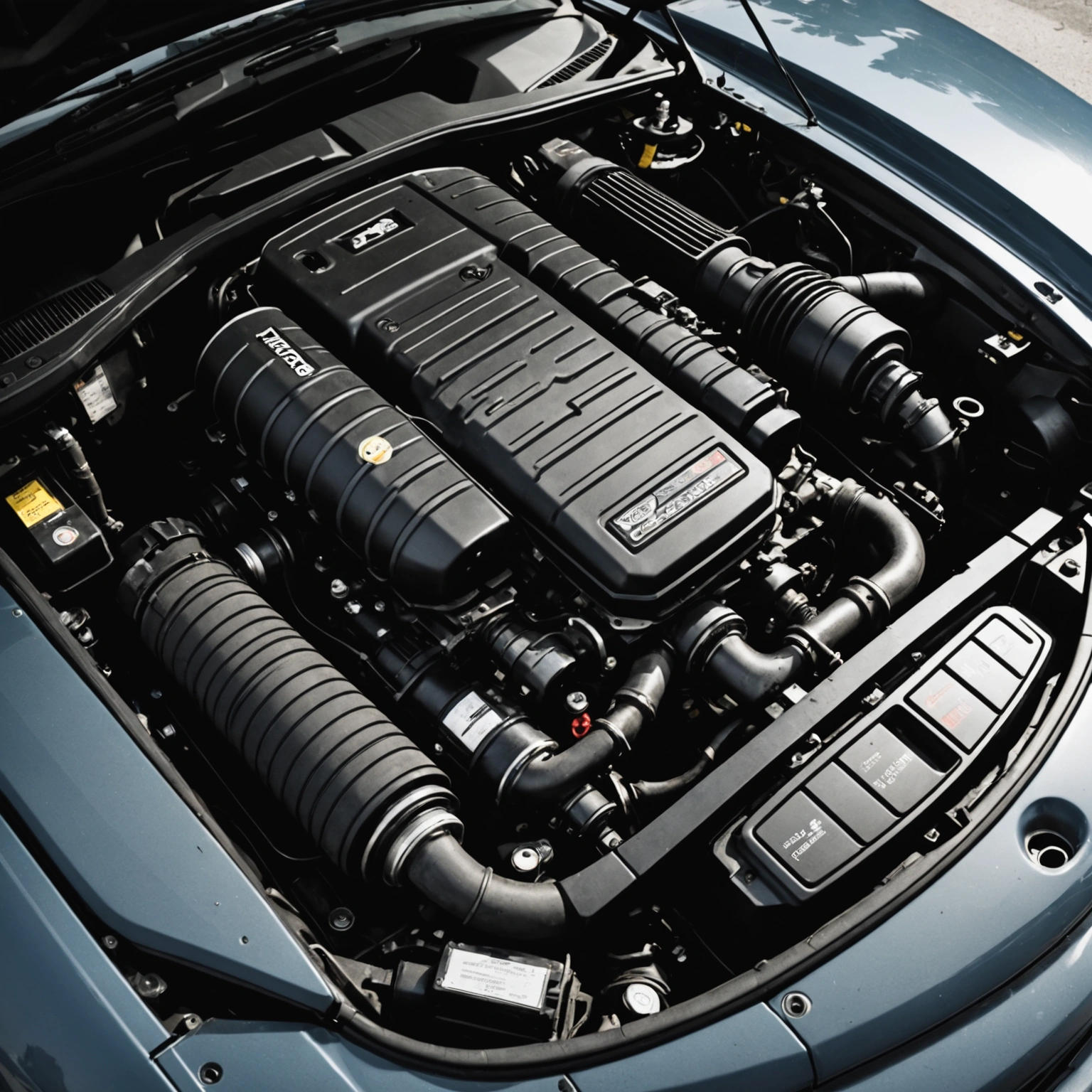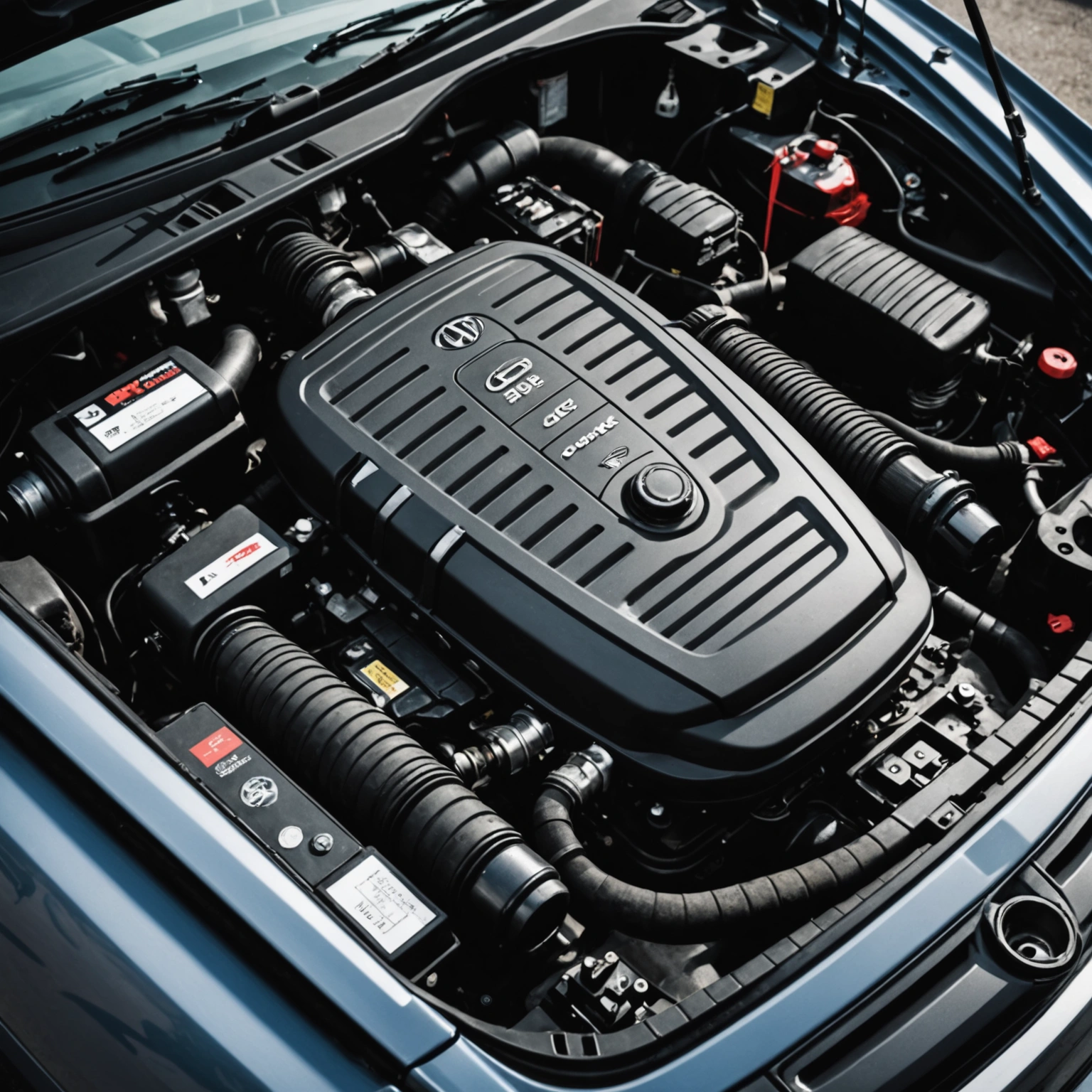**Why Does My Car Vibrate? Understanding the Common Causes**
If you’ve noticed your car vibrating while driving or idling, you’re not alone. Vehicle vibrations can be unsettling and, if left unaddressed, may lead to further mechanical issues. Understanding the common causes of car vibrations can help you diagnose the problem early and determine whether a visit to the mechanic is necessary.

### 1. Worn or Unbalanced Tires
**Cause:** Uneven tire wear, low tire pressure, or unbalanced wheels are among the most common reasons for vibrations.

**Symptoms:** Vibrations often occur at specific speeds and are felt through the steering wheel or seat.
**Solution:** Regularly check tire pressure, inspect for uneven wear, and have your wheels balanced during routine maintenance.

### 2. Misaligned Wheels
**Cause:** Hitting potholes, curbs, or general wear can misalign your wheels, leading to vibrations.

**Symptoms:** The steering wheel may pull to one side, and vibrations are felt primarily in the steering.
**Solution:** Wheel alignment should be performed by a professional to ensure proper tracking and reduce vibrations.
### 3. Brake Issues
**Cause:** Warped brake rotors or drums can cause vibrations when braking.
**Symptoms:** Vibrations occur when applying the brakes, especially at higher speeds.
**Solution:** Brake components should be inspected and resurfaced or replaced if warped.
### 4. Worn or Damaged Suspension Components
**Cause:** Worn shocks, struts, or other suspension parts can lead to instability and vibrations.
**Symptoms:** Vibrations may be felt during driving over bumps or uneven surfaces.
**Solution:** Suspension components should be checked and replaced as needed.
### 5. Engine or Transmission Problems
**Cause:** Engine misfires, worn motor mounts, or transmission issues can cause vibrations felt throughout the vehicle.
**Symptoms:** Vibrations may be noticeable during acceleration, idling, or at specific speeds.
**Solution:** These issues often require diagnosis by a mechanic, who may check engine performance and mounts.
### 6. Drive Shaft or Axle Problems
**Cause:** Bent or damaged drive shafts or axles can cause vibrations, especially during acceleration.
**Symptoms:** Vibrations increase with speed and may be accompanied by clicking noises.
**Solution:** Damaged drive shafts or axles should be repaired or replaced promptly.
—
### When to See a Mechanic
If your car continues to vibrate despite basic checks, or if you’re unsure of the cause, it’s best to consult a qualified mechanic. Persistent vibrations can indicate underlying issues that, if left unaddressed, may compromise your safety or lead to costly repairs.
**Regular maintenance, including tire balancing, wheel alignment, and suspension checks, can help prevent vibrations and keep your vehicle running smoothly.**
—
**In summary:** Car vibrations can stem from various sources, including tires, wheels, brakes, suspension, or engine issues. Diagnosing the root cause early can save you time and money, and most importantly, ensure your safety on the road.

